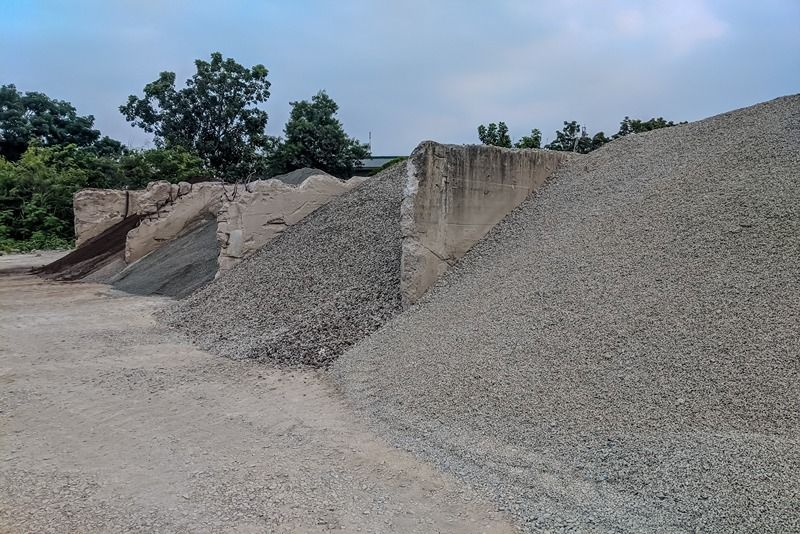Cement is a fundamental ingredient in construction; binding aggregates together to form concrete and mortar. Among the various factors affecting cement performance, fineness plays a crucial role in determining both strength and setting time. Understanding this relationship helps builders and engineers optimise material selection for better structural integrity and efficiency.
How cement fineness affects strength
Cement fineness measures particle size distribution, impacting hydration—the chemical reaction between cement and water. Finer cement particles provide:
Increased surface area: smaller particles create a larger reactive surface, accelerating hydration and boosting early-age strength.
Higher compressive strength: a finer mix results in a denser microstructure, improving overall strength in both early and later stages.
Potential downsides: excessive fineness increases water demand, potentially leading to shrinkage and cracking.
According to BIS standard IS 4031 (Part 2):2018, the fineness of cement is measured using the Blaine air permeability method, which ensures compliance with IS 269:2015 requirements. Ordinary Portland Cement (OPC) typically has a fineness of 225–400 m²/kg, while high-performance applications use ultra-fine cement exceeding 500 m²/kg to achieve rapid strength gain.
Impact on setting time
Setting time refers to the duration cement takes to change from a fluid state to a solid form. Fineness directly influences initial and final setting times:
Initial setting time: the moment when cement starts losing its plasticity. Finer cement sets faster due to rapid hydration, making it suitable for quick repairs and prefabrication.
Final setting time: the point when cement completely solidifies. While a finer cement leads to a shorter setting time, excessive fineness can cause rapid stiffening, making concrete unworkable in large-scale applications.
As per BIS standards, the minimum initial setting time for OPC should not be less than 30 minutes, and the final setting time should not exceed 600 minutes. Portland Pozzolana Cement (PPC), which contains finer particles of pozzolanic material, exhibits slower setting but improved long-term strength and durability.
Practical considerations in construction
Workability and water demand: highly fine cement demands more water to maintain consistency, affecting the water-cement ratio. Superplasticisers are often added to enhance flowability without compromising strength.
Heat of hydration: fine cement generates more heat during hydration. In mass concrete works, this can lead to thermal cracking. Coarser cement or blended cements like PPC are preferred in such cases.
Durability and shrinkage: while finer cement improves strength, it can lead to higher shrinkage and surface cracks. Proper curing methods, such as water curing or curing compounds, help mitigate these risks.
Optimising cement fineness for different applications
High-strength applications: use finer cement to achieve greater early strength in precast elements and high-rise buildings.
General construction: standard OPC or blended cement with moderate fineness ensures a balance of workability and strength.
Mass concrete projects: coarser cement with pozzolanic additions minimises heat buildup and enhances long-term durability.
Conclusion
Cement fineness is a critical parameter influencing the performance of concrete structures. Striking the right balance in fineness ensures optimal strength, workability, and setting characteristics, reducing construction challenges while enhancing durability. Engineers and builders must consider project-specific requirements when selecting cement to achieve the desired structural outcomes while ensuring compliance with BIS standards for quality assurance.




 +91 7208055523
+91 7208055523
 Help & support
Help & support
